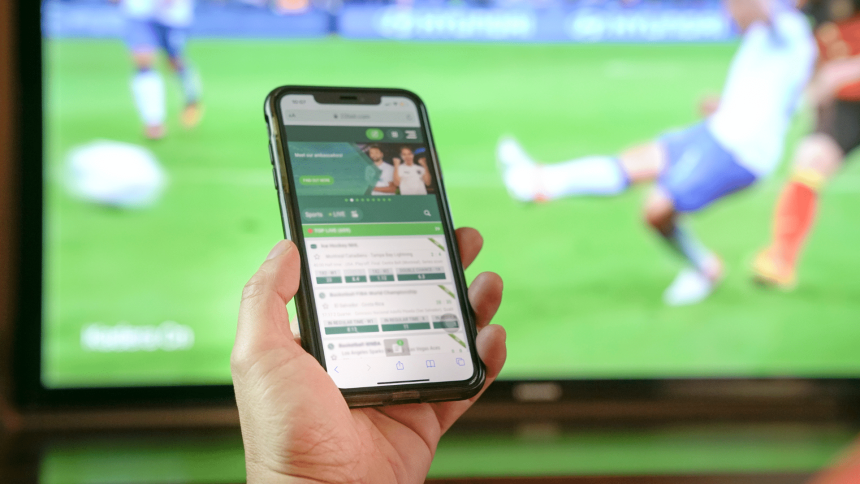The Mississippi House of Representatives has brought the Magnolia State one step closer to legalizing mobile sports betting.
In a 97-14 vote on Thursday, an overwhelming majority of members passed House Bill 774, colloquially known as the Mississippi Mobile Sports Wagering Act.

The legislation, if approved by the Senate and signed by Gov. Tate Reeves, will allow residents ages 21 and older to legally place wagers on mobile devices outside of the four walls of the state’s 26 brick-and-mortar casinos. In response to leaders in the casino industry expressing concerns that full-force mobile sports betting would harm casinos financially, the legislature added a major stipulation intended to protect casinos from monetary losses.
Sports betting platforms, such as DraftKings, FanDuel, and BetMGM, would be required to partner with a Mississippi-based casino to run their operations. The casinos will not be allowed to partner with multiple mobile sports betting vendors but platforms will be able partner with numerous casinos.
Jay McDaniel, executive director of the Mississippi Gaming Commission, explained how the process works.
“It is integrated, but it’s in a way where the platform would offer the app and offer you the lines and the choices. Your registration would start with the platform provider — the DraftKings or the FanDuels — and they would sync up with the operator because ultimately, the operator, the casino, is the one that collects the revenue and pays the taxes,” McDaniel said on The Gallo Show. “Your ultimate wager is actually with the casino. There is a passthrough from the platform to the casino operator, and ultimately, that is who your wager is with.”
McDaniel also noted that several casinos in Mississippi use third-party operators to run their existing in-house sports books. All that would change, in theory, is that this existing operator would allow its services to be accessed outside of the casino’s structure.
One possible benefit, for both the casino and the consumer, would be if the brick-and-mortar allowed the user to link his or her mobile sports betting account to the already-available rewards such as free or discounted rooms or meals. This would further incentivize the user to visit the facility in person.
Legislative skeptics of the bill argue that there is no incentive for a platform to partner with a smaller casino compared to one of the larger ones on the Gulf Coast or in Tunica. House Minority Leader Robert Johnson offered an amendment to ensure that the revenue from wagers placed within a 40-mile radius of a smaller casino would go to the local gaming site instead of the one the platform is partnered with. Johnson’s motion failed ahead of the vote.
An amendment that was passed seeks to allocate the 12 percent of taxes collected from mobile sports wagers to the state’s emergency road and bridge fund.
If the bill makes it all the way through the legislative process and is approved by Reeves, Mississippi will join 29 other states and Washington D.C. in legalizing mobile sports betting. Legislatures in five other states are also currently considering legalizing the activity.







